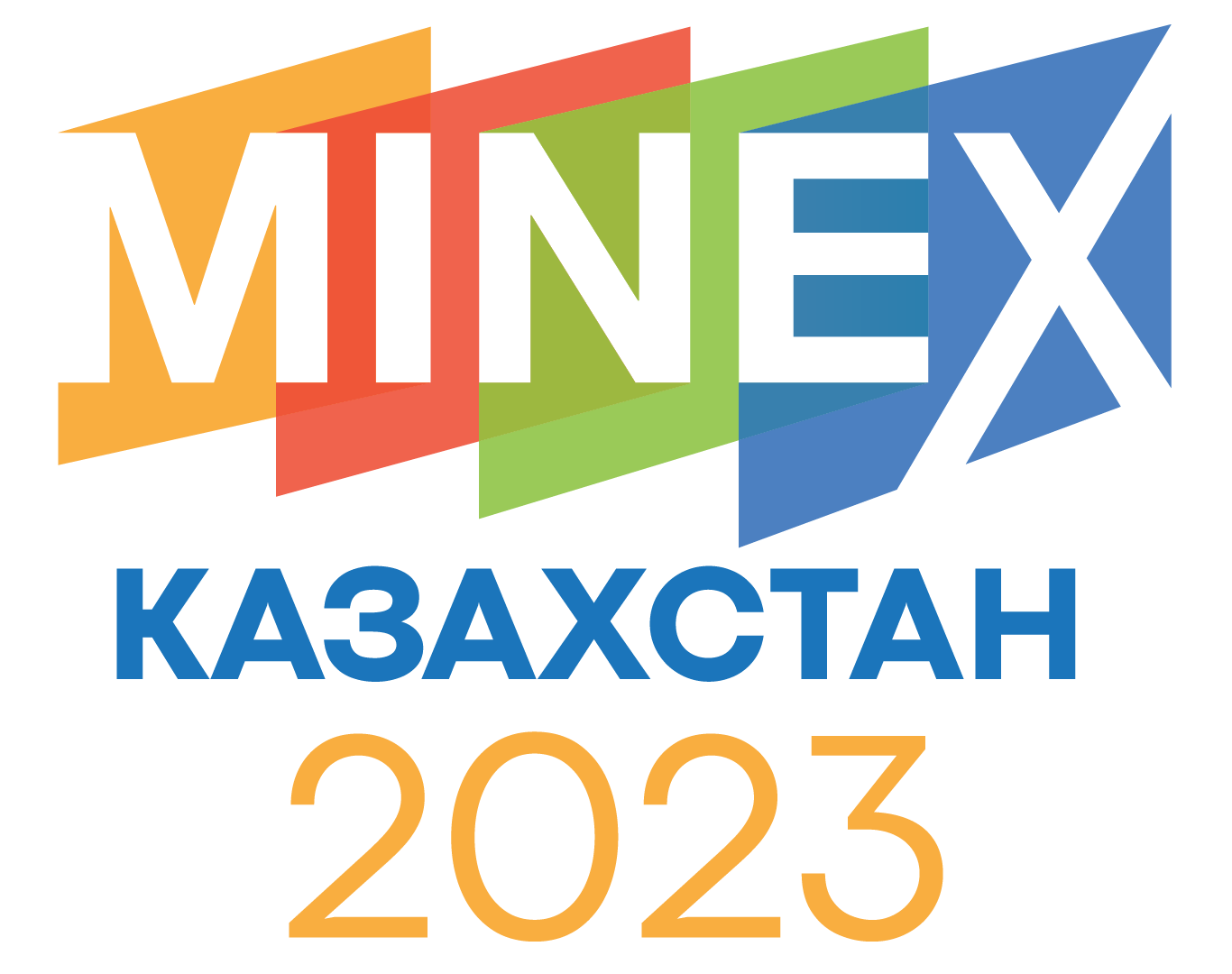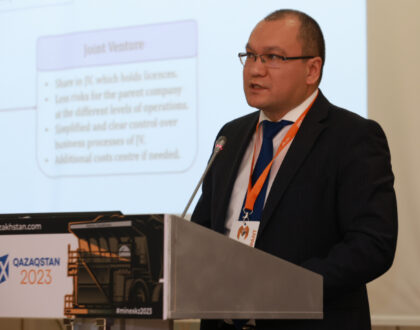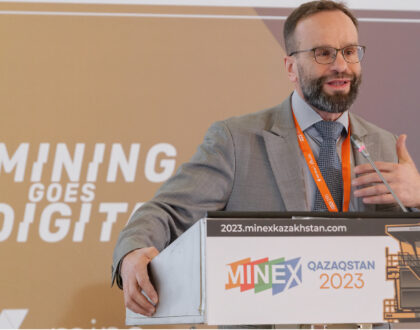Eurasian Resources Group приветствует принятие ЕС Закона о критических сырьевых материалах

The European Commission recently released the EU Critical Raw Materials Act aimed at achieving climate-neutrality by 2050 and securing Europe’s sustainable and resilient economic growth. Eurasian Resources Group, a leading diversified natural resources group headquartered in Luxembourg, highly commends the publication of the Act.
Pursuing ‘metals diplomacy’ through EU trade agreements and the Global Gateway strategy has the potential to strengthen sustainability and the resilience of critical raw material supply chains. While addressing perceived risks around these supply chains in light of expected significant demand and growth, it highlights their importance for achieving net zero.
The Act focuses on strategically important Critical Raw Minerals (CRMs) that display a high risk of supply shortage. ERG is one of the world’s largest producers of cobalt and the Group supports the EU’s insight into battery metals and global supply chains. With an increasing demand for EVs and energy storage, ERG encourage global supply chain diligence to ensure global access to green transition metals.
As a leading copper producer, ERG is also pleased to note that, in the 2023 CRM listing, the EU has justifiably listed this metal as a “strategic raw material”. Copper plays a significant role in achieving net-zero, particularly in electrification and decarbonisation technologies. Due to electricity networks and electricity-related technologies requiring significant copper supplies, the demand for this material in grid lines will most likely more than double by 2040.
Benedikt Sobotka, CEO of Eurasian Resources Group and Co-Chair of the Global Battery Alliance, said: “The Critical Raw Materials Act is a milestone initiative which demonstrates the EU’s commitment to shifting towards a more resilient battery raw material supply. At ERG, we recognise the crucial role of sustainable mining in the green transition and we welcome the diversification of existing supply chains outlined by the Act through new international strategic partnerships. The Critical Raw Materials Act should be a very positive step forward in this regard, as well as towards European mineral security; however, its success will depend on adequate funding and prompt action. The EU will need to develop a robust and clear financial, operational, and regulatory framework that focuses on production scale-up which is easily accessible for the industry.”
Похожие новости
28 апреля, 2023
Как Казахстан заработает на зеленой экономике
28 апреля, 2023



